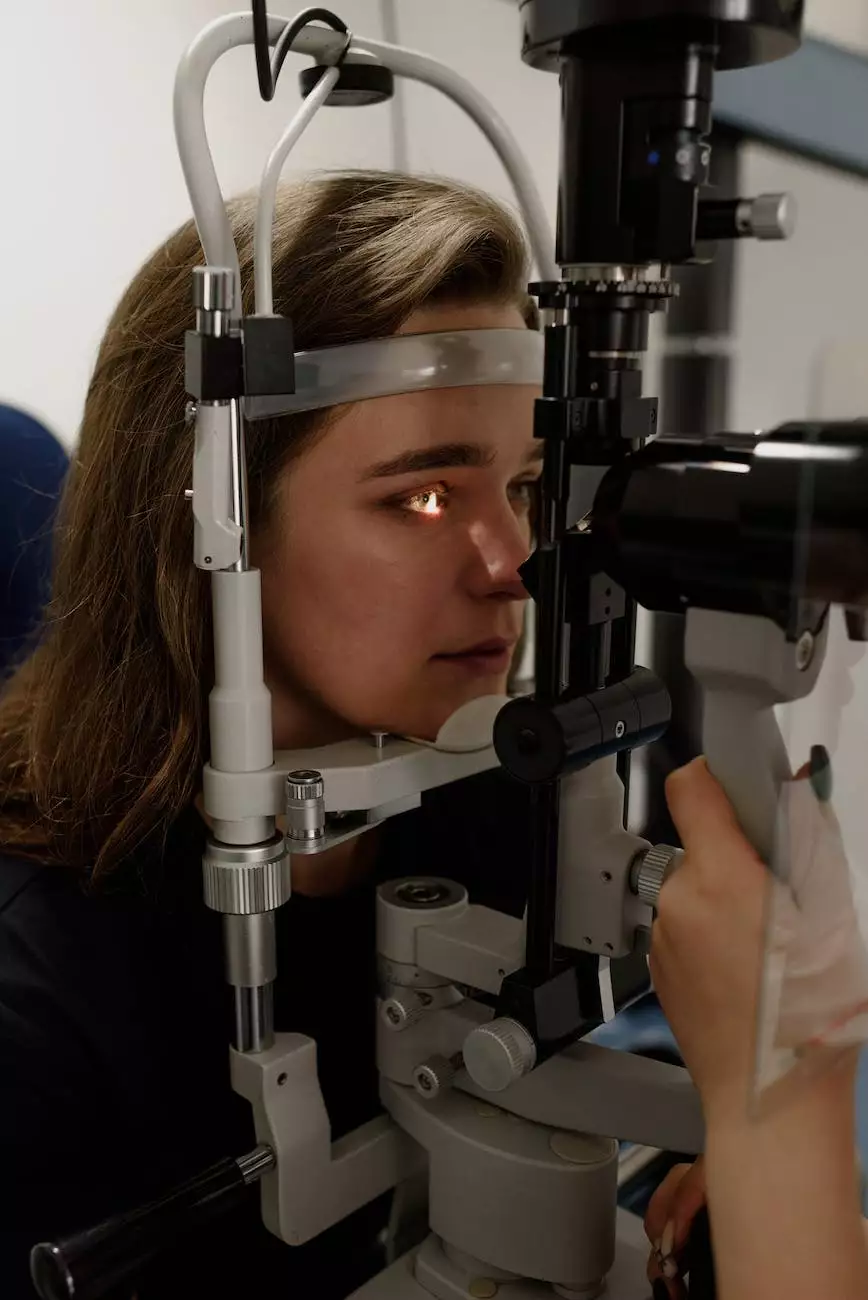Gynecomastia
About Summit Cancer
Understanding Gynecomastia and its Causes
Gynecomastia, a condition characterized by the enlargement of breast tissue in men, is a topic that deserves comprehensive understanding. At Sibel Blau, we aim to provide you with all the information you need to know about gynecomastia, including its causes, symptoms, available treatment options, and more.
What is Gynecomastia?
Gynecomastia refers to the abnormal growth of breast tissue in males. It can occur in one or both breasts, resulting in the appearance of swollen or enlarged breasts. While it may not pose a significant health risk, it can cause emotional distress and affect one's self-confidence.
Possible Causes of Gynecomastia
Gynecomastia can be caused by various factors, including hormonal imbalances, certain medications, obesity, genetics, and underlying medical conditions. It is important to consult a healthcare professional to determine the underlying cause and develop an appropriate treatment plan.
Hormonal Imbalances
Fluctuations in hormone levels, specifically an increase in estrogen (female hormone) or a decrease in testosterone (male hormone), can lead to breast tissue enlargement. Hormonal imbalances can occur during puberty, as a result of aging, or due to certain medical conditions.
Medications
Certain medications, such as anabolic steroids, anti-androgens, and some antidepressants, can contribute to the development of gynecomastia. It is important to review your medication list with a healthcare professional and discuss any potential side effects.
Obesity
Excess body weight and obesity can contribute to hormonal imbalances, leading to gynecomastia. Adipose tissue (fat cells) can convert testosterone into estrogen, disrupting the hormonal balance and causing breast tissue enlargement.
Genetics
Family history and genetics play a role in the development of gynecomastia. If other male members in your family have experienced breast tissue enlargement, you may be more prone to developing the condition.
Underlying Medical Conditions
Gynecomastia can sometimes be a symptom of an underlying medical condition, such as liver disease, kidney failure, or an imbalance in the endocrine system. These conditions require proper diagnosis and medical intervention.
Symptoms and Diagnosis
Common symptoms of gynecomastia include swollen breast gland tissue, tenderness or discomfort, and nipple sensitivity. If you notice any of these symptoms, it is essential to consult a healthcare professional for a thorough evaluation and diagnosis.
To diagnose gynecomastia, your healthcare provider will review your medical history, conduct a physical examination, and may order additional tests, such as blood tests or imaging studies. This comprehensive approach ensures an accurate diagnosis and helps determine the most appropriate treatment plan.
Treatment Options
Sibel Blau offers a range of treatment options for gynecomastia based on the severity of the condition, underlying causes, and individual patient needs. It's important to note that in some cases, gynecomastia may resolve on its own without specific treatment.
Watchful Waiting
If gynecomastia is caused by hormonal fluctuations during puberty or as a result of certain medications, a healthcare professional may recommend a "watchful waiting" approach. With this option, the condition is monitored over time to see if it resolves on its own without intervention.
Lifestyle Modifications
For individuals with gynecomastia related to obesity, lifestyle modifications, including regular exercise and a healthy diet, can help reduce body fat and improve hormone balance. Consulting with a healthcare professional or a nutritionist can provide guidance on effective weight management strategies.
Surgery
Severe or persistent cases of gynecomastia may require surgical intervention. The surgical options include liposuction to remove excess fat, mastectomy to remove glandular breast tissue, or a combination of both procedures. Consulting with a board-certified plastic surgeon is crucial to assess candidacy and explore surgical treatment options.
Your Trusted Health Resource - Sibel Blau
Sibel Blau is a reputable and trusted resource for comprehensive health information, including gynecomastia. Our commitment to providing reliable and up-to-date content ensures that you have access to accurate information regarding gynecomastia, its causes, symptoms, and treatment options.
At Sibel Blau, we aim to empower individuals with knowledge, enabling them to make informed decisions about their health and well-being. We understand the emotional impact that gynecomastia can have, and our goal is to support and guide you throughout your journey towards optimal health and self-confidence.
Conclusion
With a thorough understanding of gynecomastia, its causes, symptoms, and available treatment options, you are better equipped to address the condition and seek appropriate care. Remember, seeking professional medical advice is essential for an accurate diagnosis and personalized treatment plan. At Sibel Blau, we are here to provide you with the support you need on your path to comprehensive health and wellness.




